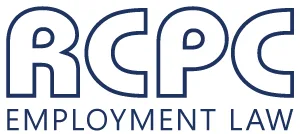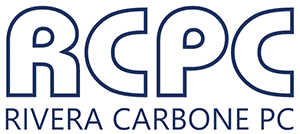Workplace Investigations
A workplace investigation is a fair and impartial process to discover all relevant facts for an organization to make an appropriate employment decision.
In general, employers conduct workplace investigations to determine whether serious misconduct happened at the workplace and, if it did, whether it was in violation of employers’ policies or applicable law. A fair and impartial investigation allows employers to assure compliance, improve working conditions, manage risks and to minimize potential liability.
Workplace investigations generally involve an inquiry to discovery “information concerning [an] employer’s employees involving questions of integrity, honesty, breach of rules, or other standards of performance of job duties.” Business and Professions Code §7521. The goal of an investigator is to identify facts and details, to synthesize evidence and to make conclusions of fact for the employer.
Who Can Investigate?
The investigator should be impartial, objective, and must have the necessary skills and time to conduct the investigation.
In-house Investigator:
An employee of the employer who does not provide security services, such as a human resource professional, is authorized to conduct workplace investigations in California. A potential issue of using an in-house investigator is the perception that an employee of the organization will not be objective, fair or just.
Outside Investigators:
Licensed private investigators or attorneys are authorized to conduct workplace investigations in California. The use of a third-party investigator should avoid the perception of bias or lack of impartiality. Moreover, attorney-investigators are trained to arrive at findings based on an impartial and professional evaluation of the evidence, and knowledge of the law, but not to render legal advice as to what action is to be taken by the employer because of the investigation.
The investigative process:
Every aspect of the investigation should be kept confidential. Maintaining confidentiality is critical to the integrity of an investigation.
Personal interviews are critical because they allow the investigator to evaluate the credibility and to get most of the relevant information. Document review and evaluation of the circumstances with management typically corroborate the information gathered through witness interviews.
At the conclusion of the process, the investigator renders a report to present all relevant information and to communicate the findings of fact and evaluation of all available evidence. It is sometimes appropriate for the investigator to prepare a written report of the investigation.






